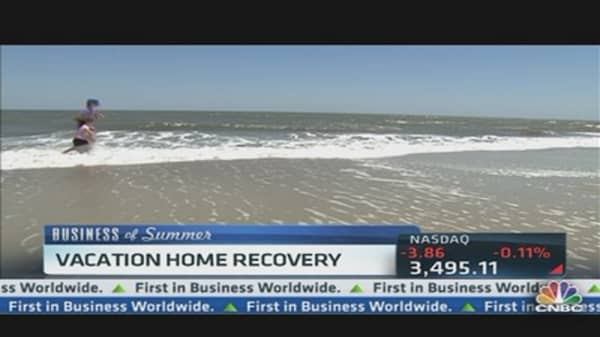Consumers may find it's getting tougher to stick to their travel budget.
It's not just pricey airfare, hotel rooms or car rentals, although those rates have been rising. The less-noticed budget buster: more taxes and fees levied on such purchases.
States, counties and cities continue to weigh taxes and surcharges aimed specifically at travelers:
- Effective July 1, Northern Virginia's "transient occupancy tax" on hotels rose 3 percent, to 8 percent total.
- Voters in Selma,Calif., will vote in November on whether to double the lodging tax there to 12 percent.
- In Orange County, Fla., lawmakers have proposed adding a $2-per-day car-rental surcharge.
"The trend is for more and more local jurisdictions to impose these," said Carol Kokinis-Graves, a senior writer analyst with tax advisory firm CCH.
State budget woes often trickle down to the local level in the form of cuts to local government. Extra charges on hotel rooms and car rentals are one way to make up for lost revenue or fund planned projects, she said.





